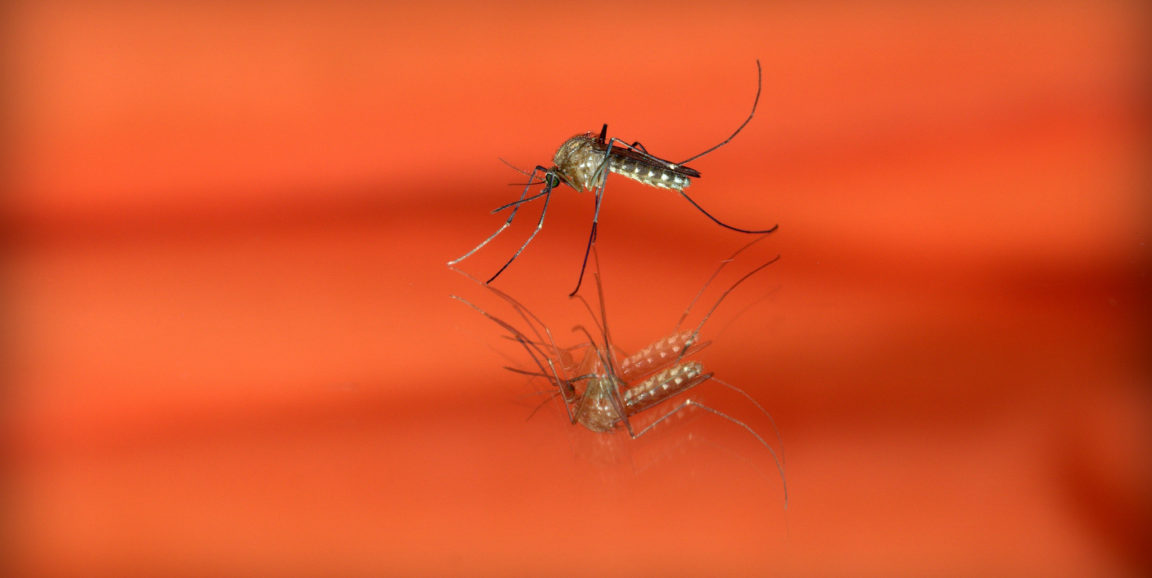Patients with dengue fever, a mosquito-borne illness that causes a severe flu-like condition, typically start out with similar symptoms, but as the disease progresses, some wind up with life-threatening infections, while others mend fine on their own. So far, it's been challenging for doctors and scientists to predict who will come down with "severe dengue," and who will walk away unscathed.
Now, in search of a solution to that problem, Purvesh Khatri, PhD, associate professor of medicine and of biomedical data science, and Shirit Einav, MD, associate professor of medicine and of microbiology and immunology, have reanalyzed previously-published dengue patient data, discovering a key set of genes whose expression can predict who will suffer severe dengue. As explained by our release:
...Khatri and Einav identified 20 genes that stood out. In all of the patients who developed severe dengue, these genes showed a specific expression pattern, or signature: Seventeen were underexpressed, whereas three were overactive.
A paper detailing the scientists' findings was published in Cell Reports. Khatri and Einav are the senior authors. Postdoctoral scholar Makeda Robinson, PhD, and former research associate Timothy Sweeny, MD, PhD, share lead authorship.
Currently, doctors trying to predict cases of severe dengue cases must wait until certain telltale symptoms arise, but those only emerge later in the disease's progression, and by that time, dengue treatments are not as effective. Khatri and Einav's technique allows doctors to take blood samples as soon as the patient starts showing symptoms and predicts dengue severity with about 80 percent accuracy.
Importantly, when testing the efficacy of their gene predictors, all patients who did develop severe dengue were accurately predicted to do so, although there were a handful of patients predicted develop severe dengue, who did not. In the future, they plan to continue to test their gene set in larger population sizes, as well as elucidate the mechanism behind the genes' predictive power.
Einav explains in the release:
'With a larger cohort, there’s also an opportunity to refine the signature; we could potentially bring down the number of genes,' Einav said. 'There’s no perfect test, but we’re encouraged by these numbers, and this is already performing better than the current standard of care.'
It’s likewise possible that the genes could serve as a basis for a targeted therapy for dengue, Einav said — but that’s far on the horizon. For now, the researchers are starting to pursue the mechanisms behind these 20 genes, trying to understand why they seem to foretell the fate of dengue patients.
Photo by Papa Pic




